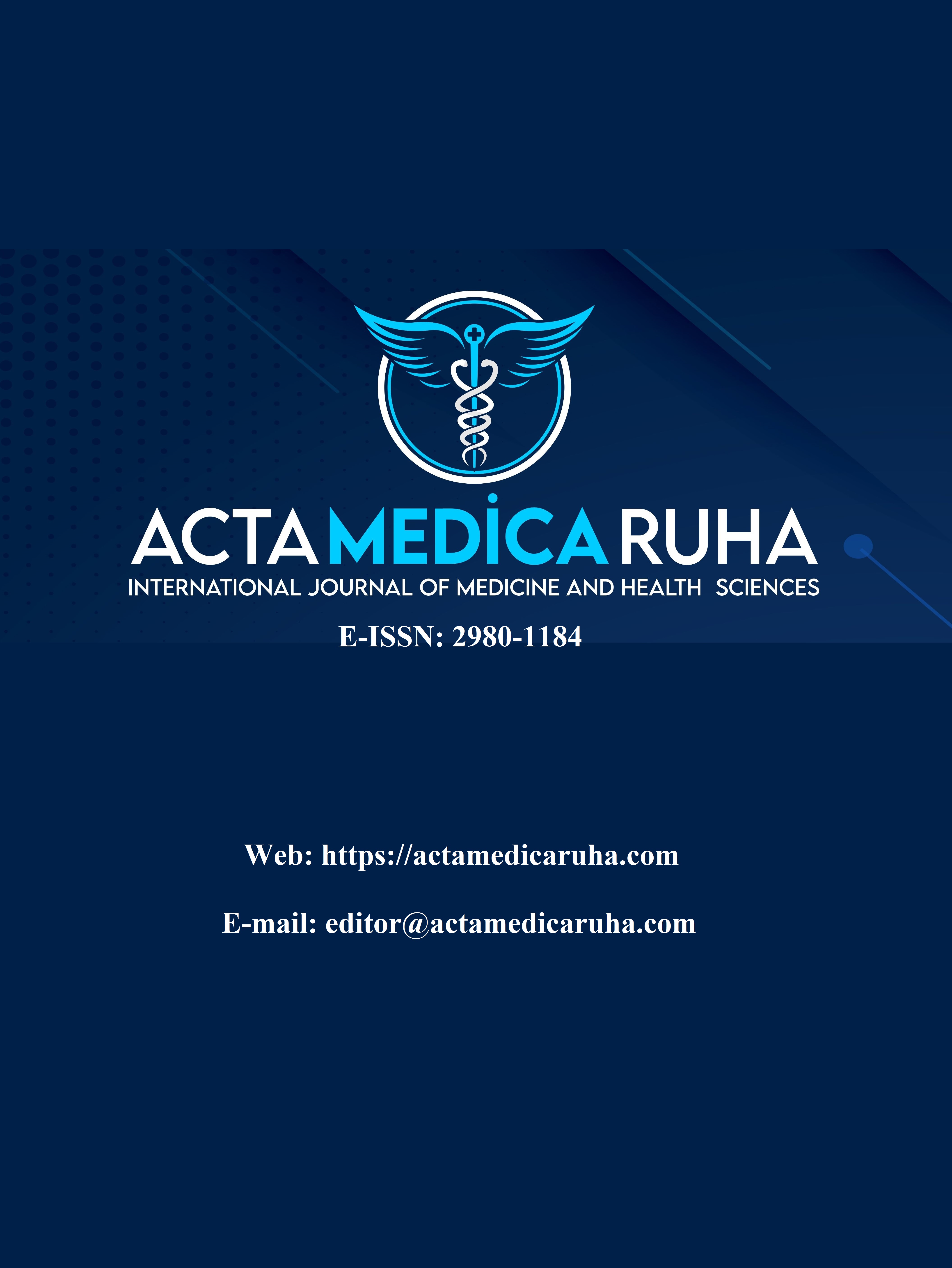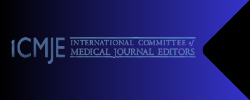Examination of Nurses' Post-Earthquake Health Perception, Coping with Earthquake Stress and Insomnia
Research Article
DOI:
https://doi.org/10.5281/zenodo.13692382Keywords:
Health Perception, Coping with Earthquake Stress, Insomnia, NurseAbstract
Introduction: Earthquakes occur suddenly. In the subsequent process, it causes physiological, psychological and social problems in individuals. Nurses, on the other hand, try to find solutions to both their own problems and the problems of the individuals they care for in earthquake situations.
Objective: The study aimed to determine nurses' health perception levels after the earthquake, their coping strategies with earthquake stress, and their insomnia.
Method: It is a descriptive type study. It was conducted on nurses working at Training and Research Hospital. The study was carried out between April 2023 and June 2023. There are 601 nurses in the sample. An introductory information form, Health Perception Scale, Earthquake Stress Coping Strategies Scale and Insomnia Severity Index were used to collect data. In the analysis of the data, t test, analysis of variance and Pearson correlation analysis were performed in independent groups.
Results: It was found that health perception was affected by marital status and educational status, and sub-dimensions of the earthquake stress coping strategies scale were affected by educational status (p<0.05). It was determined that 44.3% of the nurses were at the lower threshold of insomnia. A weak relationship was found between health perception and the religious coping sub-dimension of the earthquake stress coping strategies scale (r =-.199, p = .000).
Conclusion: It is recommended to carry out interventional studies that will increase nurses' health perception, enable them to use coping strategies effectively in earthquake situations, and help them cope with sleep problems.
References
Dinçer S, Kumru S. Afet ve Acil Durumlar İçin Sağlık Personelinin Hazırlıklı Olma Durumu. Gümüşhane Üniversitesi Sağlık Bilimleri Dergisi. 2021; 10(1) :32–43.
Chacko S, Randolph R, Morsch G. Disaster Medicine: Public Health Preparedness for Natural Disasters. FP Essent, 2019; 487: 17-22. https://www.ncbi.nlm.nih.gov/pubmed/31799816
IOM, 2004. Health Literacy: A Prescription to End Confusion. Washington DC: National Academies Press.
Filiz E, Bodur S. Gebe ve Gebe Olmayan Kadınlarda Sağlık Okuryazarlığı ve Sağlık Algısı İlişkisinin Değerlendirilmesi. Selçuk Sağlık Dergisi. 2022; 3(1):
Üstün Y, Yücel ŞÇ. Hemşirelerin Uyku Kalitesinin İncelenmesi. Maltepe Üniversitesi Hemşirelik Bilim ve Sanatı Dergisi. 2011;4:29-38.
Selvi Y, Özdemir PG, Özdemir O, ve ark. Sağlık Çalışanlarında Vardiyalı Çalışma Sisteminin Sebep Olduğu Genel Ruhsal Belirtiler ve Yaşam Kalitesi Üzerine Etkisi. Düşünen Adam: Psikiyatri ve Nörolojik Bilimler Dergisi. 2010;23:238-43.
Polat N. Hemşirelerde işe bağlı stres ve iş doyumu: bir eğitim hastanesinde saha çalışması. Başkent Üniversitesi. [Yüksek Lisans Tezi] Ankara: Sağlık Bilimleri Enstitüsü Sağlık Kurumları İşletmeciliği; 2008.
Tyer-Viola LA. Grit: The Essential Trait of Nurses During A Disaster. J Perinat Neonatal Nurs. 2019; 33(3): 201-204.
Blevins CA, Weathers FW, Davis MT, Witte TK, Domino JL. The Posttraumatic Stress Disorder Checklist for DSM 5 (PCL 5): Development and İnitial Psychometric Evaluation. J Trauma Stress. 2015; 28(6): 489–498.
McBride D, Porter N, Lovelock K, Shepherd D, Zubizaretta M, Burch J. Risk and Protective Factors for The Course of Post-Traumatic Stress Disorder in Frontline Workers After The Christchurch, New Zealand Earthquake. Disaster Prevention & Management: An International Journal. 2018; 27(2): 193–206.
Kalanlar B. Afetlerde hemşirelerin yaşadıkları psiko-sosyal sorunlar ve çözüme yönelik öneriler. Sağlık ve Toplum Dergisi. 2014; 24(1): 15–23.
Diamond JJ, Becker JA, Arenson CA, Chambers CV, Rosenthal MP. Development of a scale to measure adults’ perceptions of health: priliminary findings. J Community Psychol. 2007;35(5):557-61
Kadıoğlu H. Yıldız A. Sağlık Algısı Ölçeği’nin Türkçe çevriminin geçerlilik ve güvenilirliği. Turkiye Klinikleri Journal of Medical Sciences. 2012; 32(1): 47-53.
Yöndem ZD, Eren A. Deprem Stresi ile Baş Etme Stratejileri Ölçeğinin geçerlik ve güvenirlik çalışmaları. Türk Psikolojik Danışma ve Rehberlik Dergisi. 2008; 3(30): 60-75.
Bastien CH, Vallieres A, Morin CM. Validation of the Insomnia Severity Index as an outcome measure for insomnia research. Sleep Med 2001; 2: 297-307.
Boysan M, Güleç M, Beşiroğlu L, Kalafat T. Uykusuzluk Şiddeti İndeksi’nin Türk örneklemindeki psikometrik özellikleri. Anadolu Psikiyatri Dergisi. 2010; 11; 248-252.
Ersin F, Usta ME, Havlioğlu S. Investigation of the Relationship between Health Literacy Levels and Health Perceptions of Primary School Teachers. Int J Caring Sci.. 2021; 14(3): 2001-2008.
Ahmad K, Jafar TH, Chaturvedi N. Self-rated health in Pakistan: Results of a National Health Survey. BMC Public Health. 2005; 5(1): 1–7. https://doi.org/10.1186/1471-2458-5- 51/TABLES/3.
Vissandjee B, Desmeules M, Cao Z, Abdool S. Integrating Socio-Economic Determinants of Canadian Women’s Health. BMC Women’s Health. 2004;4(1):1–12. https://doi.org/10.1186/1472-6874-4-S1-S34.
Erdoğan CN, Aksoy ÖN. Deprem Stresi ile Baş Etme Stratejileri (Balıkesir Karesi İlçesi Paşaalanı Mahallesi Örneği). SOBAD. 2020; 3(2): 88-103.
Alkan NA. (1998). Distress reaction of victims of 1 October 1995 Dinar Earthquake: An analysis within the cognitive theory of stress and coping. ODTÜ, Psikoloji Bölümü, Yüksek Lisans Tezi.
Endler NS, Parker JDA. Multidimensional Assessment of Coping: a Critical Evaluation. J Pers Soc Psychol. 1990; 58(5): 844-54.
Vandervoort DJ. Cross-cultural Differences in Coping with Sadness. Curr Psychol. 2001; 20(2): 147- 153.
Roges AE. The Effects of Fatigue and Sleepiness on Nurse Performance and Patient Safety. Patient Safety and Quality: An Evidence-Based Handbook for Nurses. 2010;2:509.
Geiger-Brown J, Rogers V, Trinkoff A, Kane L, Barker Bausell R. Scharf S. Sleep, Sleepiness, Fatigue, and Performance of 12-Hour-Shift Nurses. Chronobiol Int. . 2012; 29(2): 211-19.
Kılınç T, Karaman Özlü Z. Elektif Cerrahi Planlanan Hastalarda Cerrahi Korku, Uyku ve Uykusuzluk Durumu Arasındaki İlişkinin Belirlenmesi, 2023: 5(3); 205 - 212, https://doi.org/10.48071/sbuhemsirelik.1268416
Pargament KI, Ellison CG, Tarakeshwar N, Wulff KM. Religious coping among the religious: The relationship between religious coping and well-being in a national sample of Presbyterian clergy, elders, and members. J Sci Study Relig. 2001; 40: 497–513.
Downloads
Published
How to Cite
Issue
Section
License
Copyright (c) 2024 Acta Medica Ruha

This work is licensed under a Creative Commons Attribution 4.0 International License.









